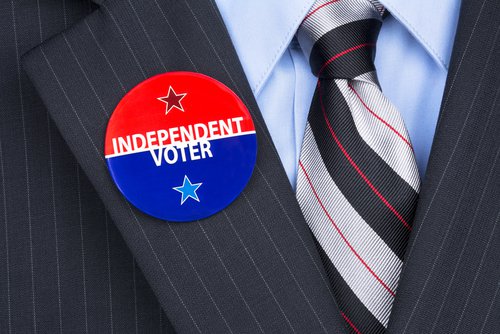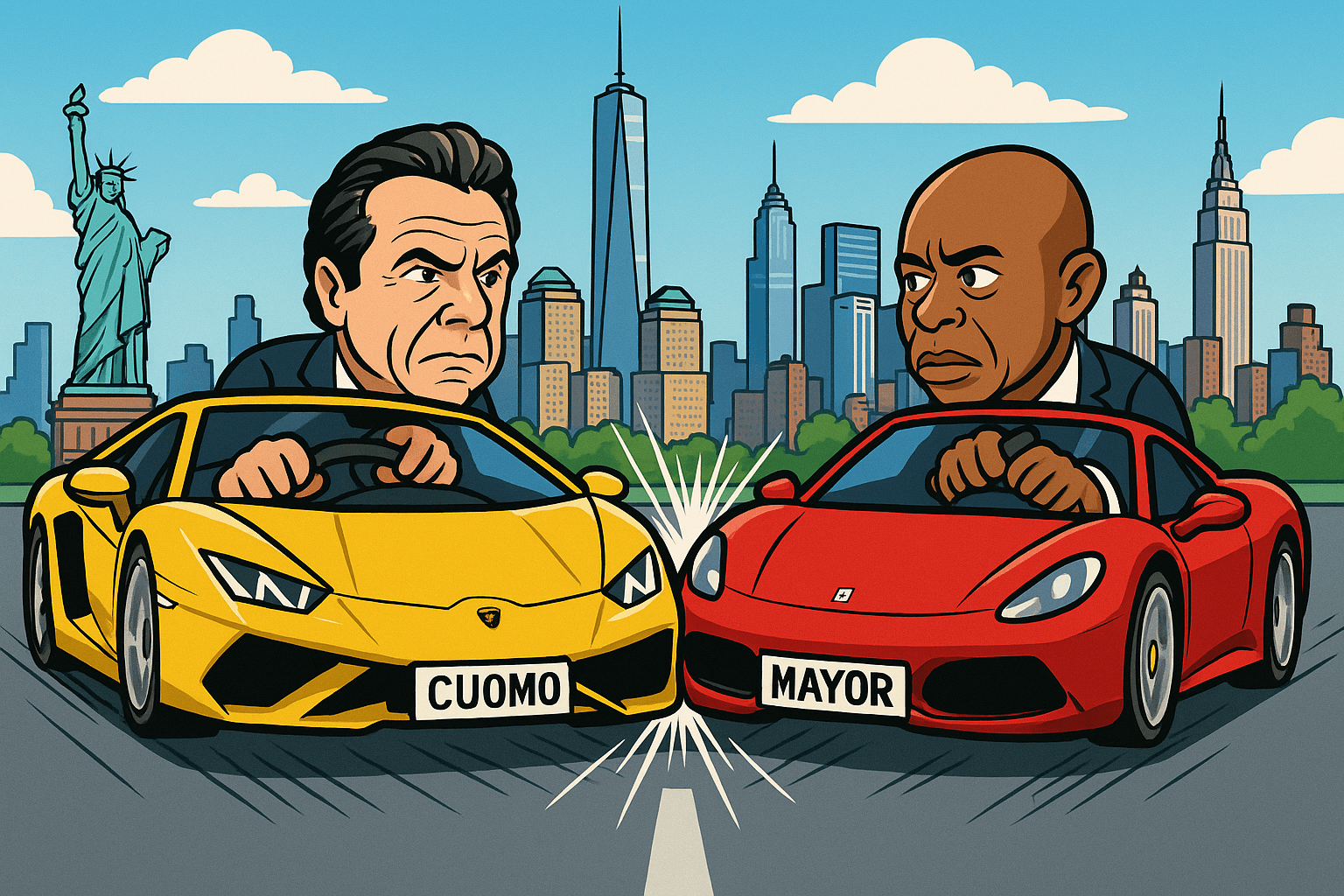Majority of Americans want an independent alternative

 Dissatisfaction with the Republican and Democratic parties has many Americans considering the prospect of an Independent alternative. A new survey by ABC News and The Washington Post finds that 61% of Americans favor the idea of an Independent candidate for president.
Dissatisfaction with the Republican and Democratic parties has many Americans considering the prospect of an Independent alternative. A new survey by ABC News and The Washington Post finds that 61% of Americans favor the idea of an Independent candidate for president.
Released last Wednesday, the poll asked respondents whether they favor the idea of an Independent candidate running for president against the Democratic and Republican party nominees. There was broad support for the proposition. Overall, 61% of those polled said they favored the idea, with 25% stating that they strongly favor it, and 36% saying they find it somewhat favorable.
There is broad support for the idea across partisan lines. Unsurprisingly, Independents were most supportive of the prospect. 73% of Independents said they favor the idea, with 37% stating that they strongly favor it. Outright majorities of Democrats and Republicans also expressed a favorable attitude toward an Independent candidate for president. 57% of Republicans and 53% of Democrats said they favor the notion.
Interestingly, there was less divergence in the level of support for an Independent candidate for president across ideological categories than across the partisan spectrum. 64% of moderates, 61% of liberals, 60% of those who identified themselves as somewhat conservative, and 59% of those who identified themselves as very conservative said they favor the idea.
In terms of partisan identification, Independents remain the largest segment of the electorate.
"They've outnumbered Democrats and Republicans in ABC/Post polls steadily since 2009, by far the longest period in which they've done so in polling back to 1981," wrote Gary Langer in the analysis accompanying the poll release.
Though most Independents do not have a favorable view of the Republican or Democratic parties, they dislike the GOP even more than they dislike the Democrats. 40% of Independents in the survey stated they have a favorable view of the Democratic party, while 49% said they have an unfavorable view. Just 34% said they have a favorable impression of the Republican party, while 54% said they view the Republican party unfavorably.
Overall, respondents to the survey do not have a favorable impression of either major party, though they were more closely divided in their views of the Democrats than of the Republicans. 48% said they have a favorable impression of the Democrats while 46% said they have an unfavorable view of the president's party. Looking toward the other side of the proverbial aisle, 40% said they have a favorable impression of the GOP, while 53% said they have an unfavorable view of the majority party in the House.
These ratings represent an historic low for the Democrats.
"The Democratic Party's rating is its lowest in polls since November 1984, days before Ronald Reagan's landslide re-election, when it hit 47 percent favorable. The Republican Party is better off than its historic low in popularity (31 percent in 1998, upon the impeachment of Bill Clinton) but still 8 points below the Democrats," noted the poll analysis.
The poll was conducted by phone from October 26th-30th and queried a random sample of 1003 adults nationwide. It has a margin of error of 3.5 points.



